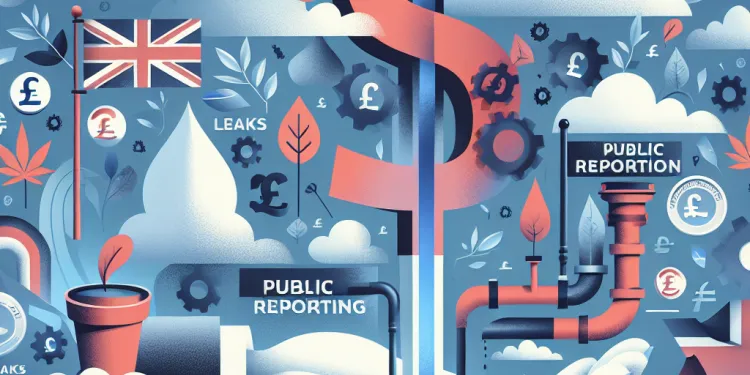
Find Help
More Items From Ergsy search
-
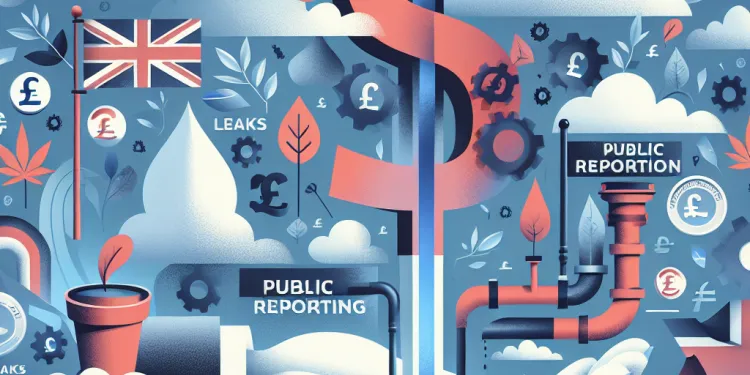
How does public reporting contribute to fixing leaks?
Relevance: 100%
-

Why is it challenging to fix water leaks in the UK?
Relevance: 75%
-
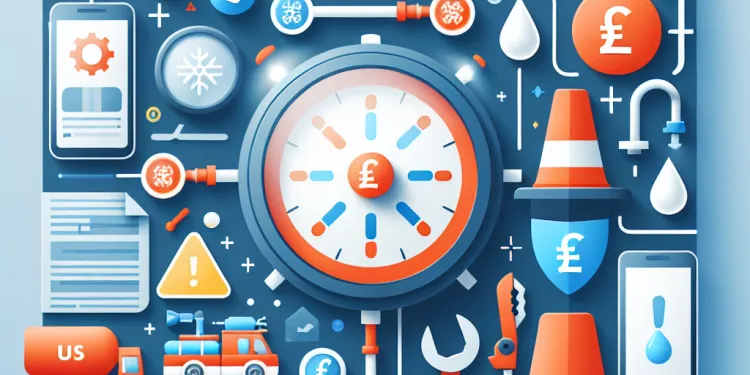
How do water companies detect leaks?
Relevance: 40%
-
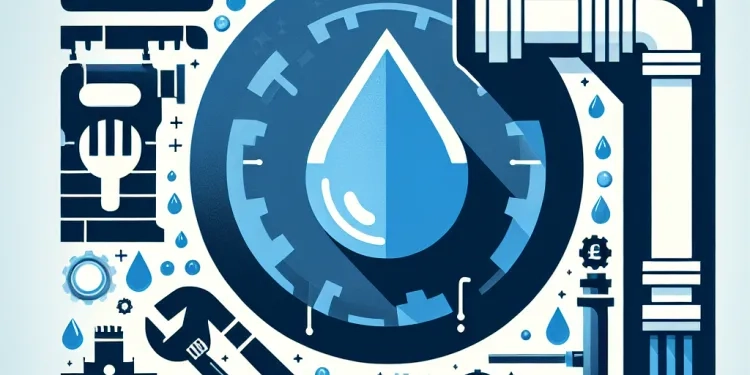
What are common signs of leaks in water infrastructure?
Relevance: 40%
-

Can customers report issues with water infrastructure?
Relevance: 37%
-
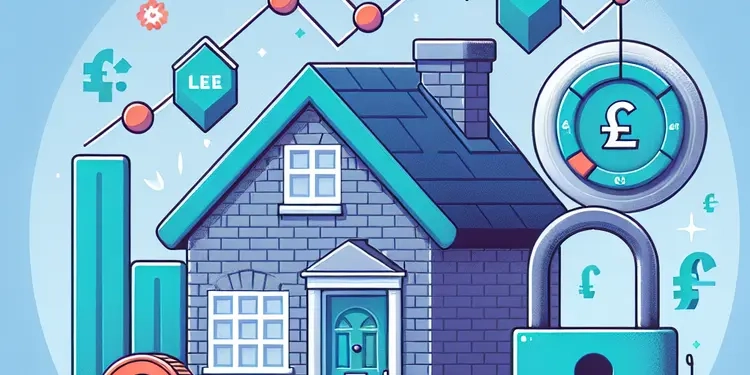
What does it mean to "Fix My Mortgage Rate"?
Relevance: 34%
-
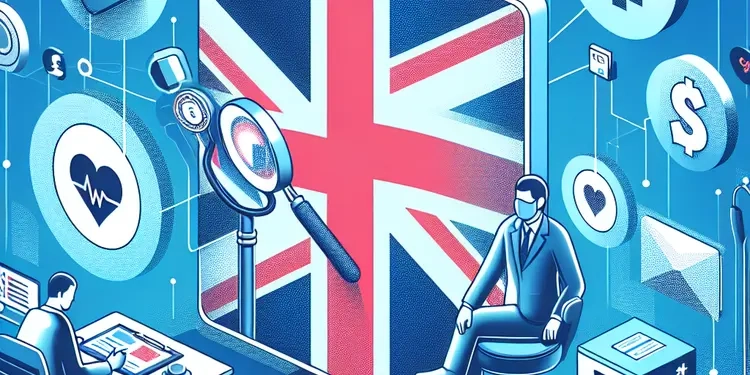
How can I find out if my medical data has been leaked?
Relevance: 32%
-

What is the difference between fixed and variable rate plans?
Relevance: 32%
-

What percentage of water is lost through leaks in the UK?
Relevance: 31%
-
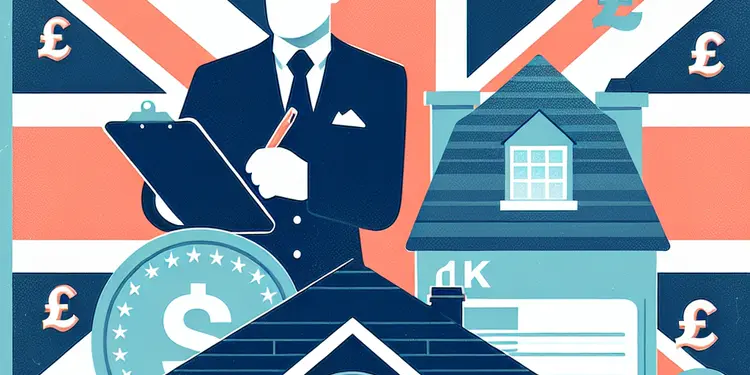
What happens if the surveyor's report reveals major issues?
Relevance: 29%
-
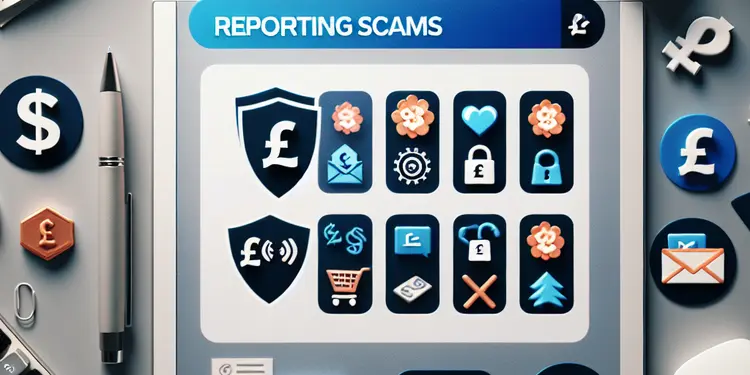
How important is it to report a scam?
Relevance: 28%
-

How significant is the water loss problem in the UK?
Relevance: 28%
-

How much water is lost in the UK through poor infrastructure?
Relevance: 27%
-

Should I report the hack to the social media platform?
Relevance: 26%
-
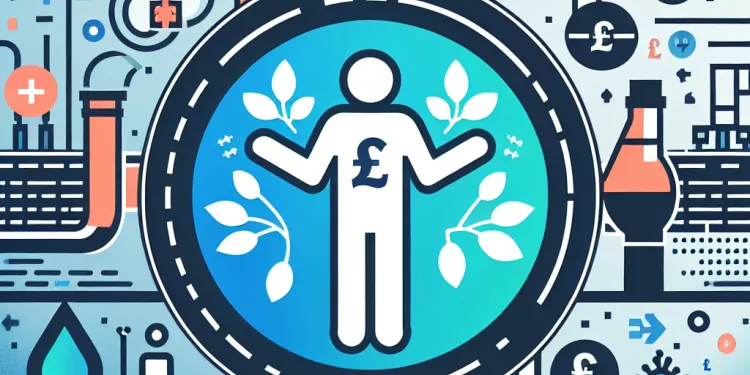
How does sewage pollution affect public health?
Relevance: 26%
-

Do I need to report cashback rewards on my taxes?
Relevance: 25%
-

What is a public health funeral?
Relevance: 24%
-

Calls for Reform as Report Highlights Disparities in Sentencing Practices
Relevance: 24%
-
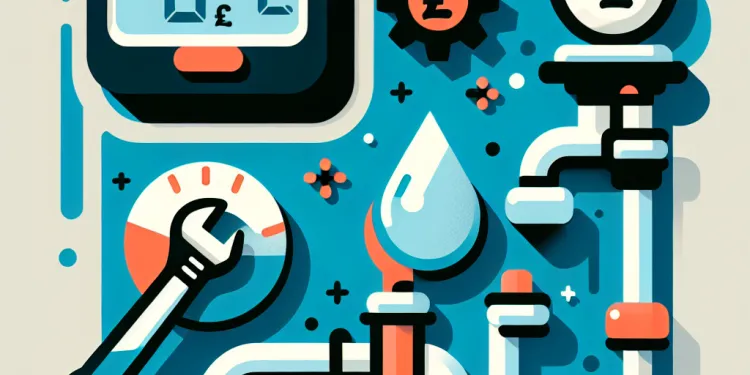
What measures are being taken to address water loss in the UK?
Relevance: 24%
-
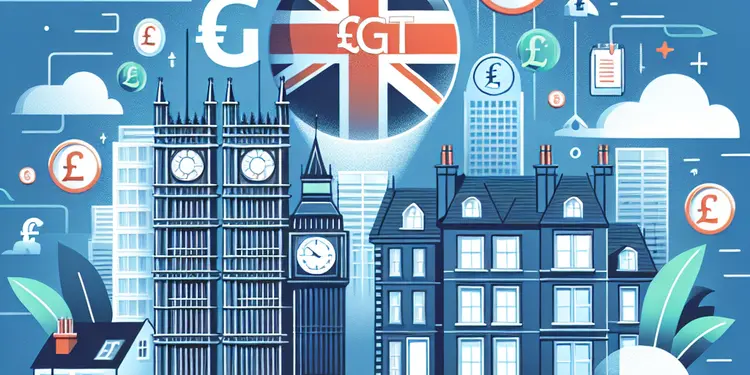
What happens if I don't report a property disposal for CGT?
Relevance: 24%
-
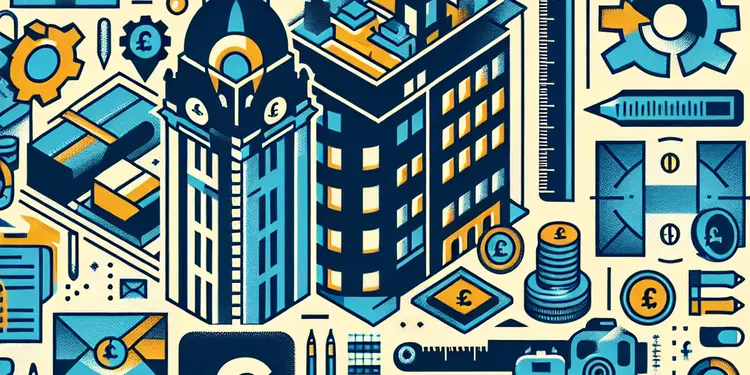
Are there different types of surveyor's reports?
Relevance: 23%
-

Why is there a call for public consultation regarding the cuts?
Relevance: 23%
-
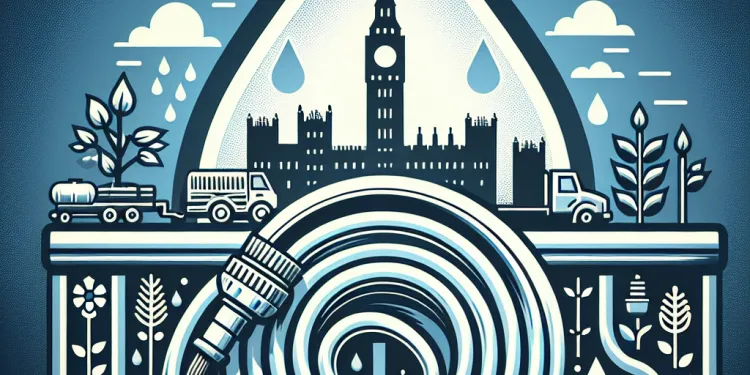
How are hosepipe ban restrictions communicated to the public?
Relevance: 23%
-
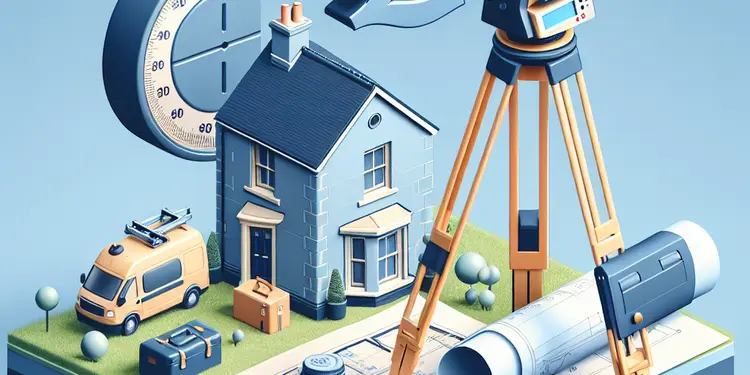
Is a surveyor's report mandatory when buying a house?
Relevance: 23%
-

What are the risks of using public Wi-Fi?
Relevance: 22%
-

Can I find operation waiting times in healthcare performance reports?
Relevance: 22%
-
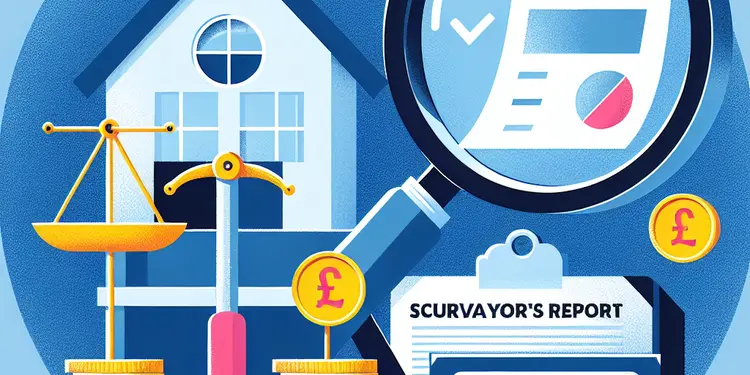
Is a mortgage valuation the same as a surveyor's report?
Relevance: 22%
-

Is public safety a consideration in indefinite sentencing?
Relevance: 22%
-
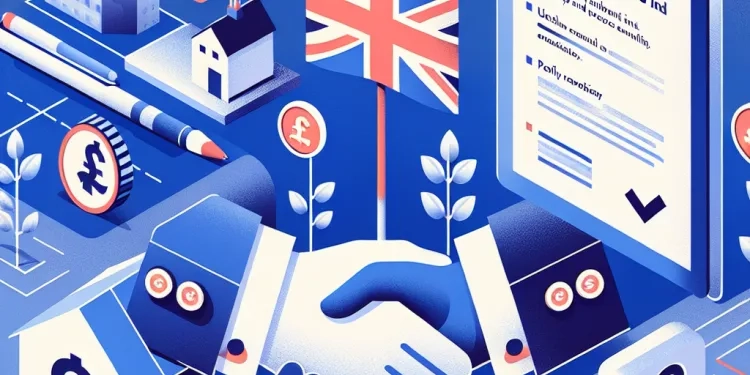
Is there a difference in responsibility between public and private land?
Relevance: 22%
-

Is it safe to use public Wi-Fi to check my email?
Relevance: 21%
-
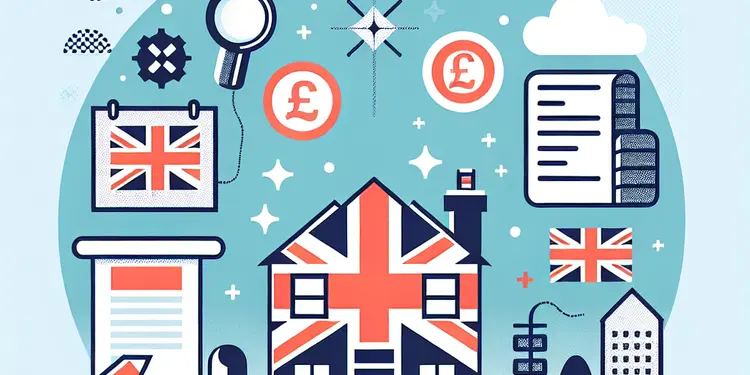
What is a surveyor's report in the context of buying a house?
Relevance: 21%
-
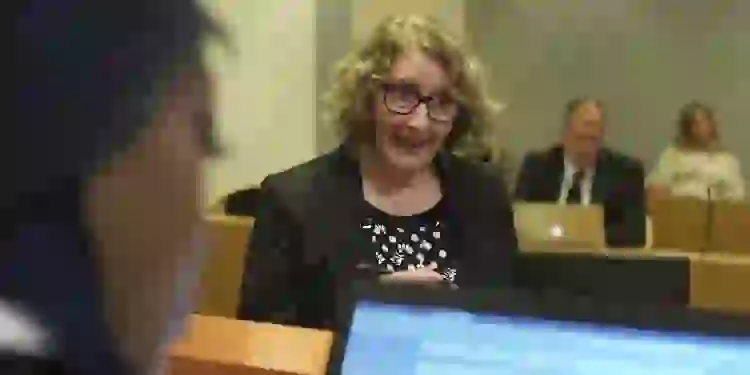
Magistrates in the Family Court: A Public Law Case
Relevance: 21%
-
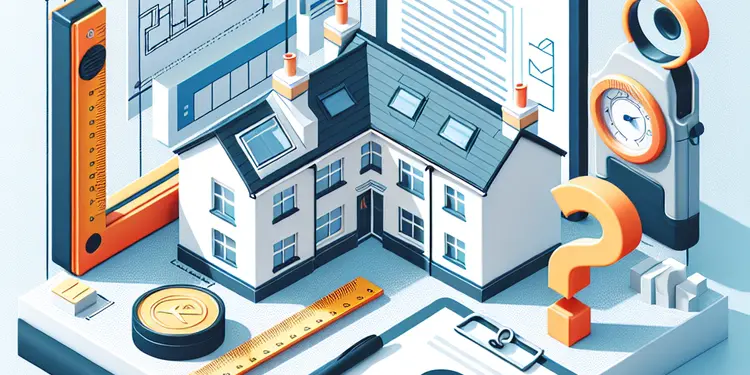
Can I skip getting a surveyor's report if I'm buying a new-build home?
Relevance: 21%
-

Do hosepipe bans apply to public parks and gardens?
Relevance: 21%
-
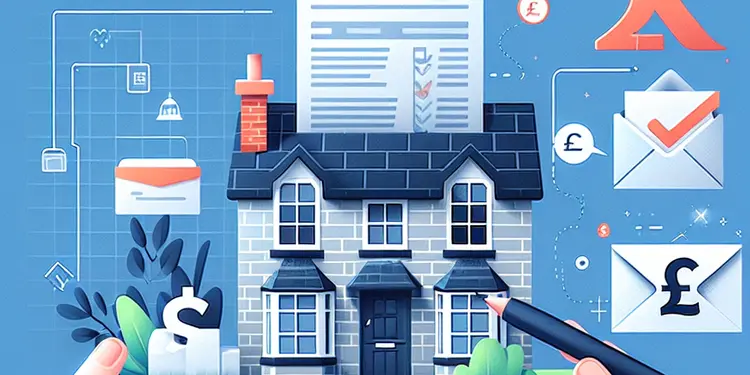
How do I report a property disposal to the tax authorities?
Relevance: 21%
-

How do I report unsolicited texts or calls to my phone carrier?
Relevance: 21%
-
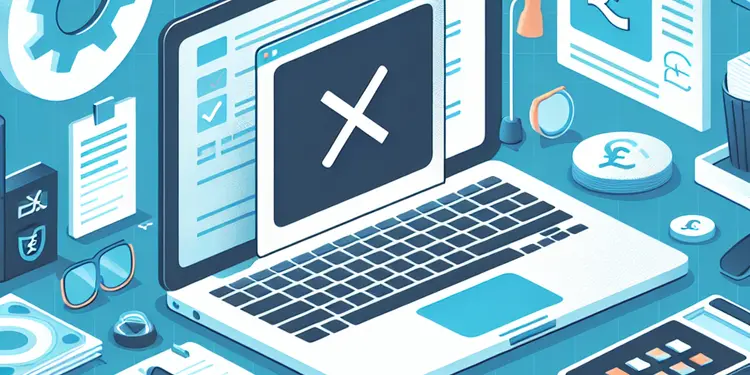
What should I do if I made an error on my CGT report?
Relevance: 21%
-
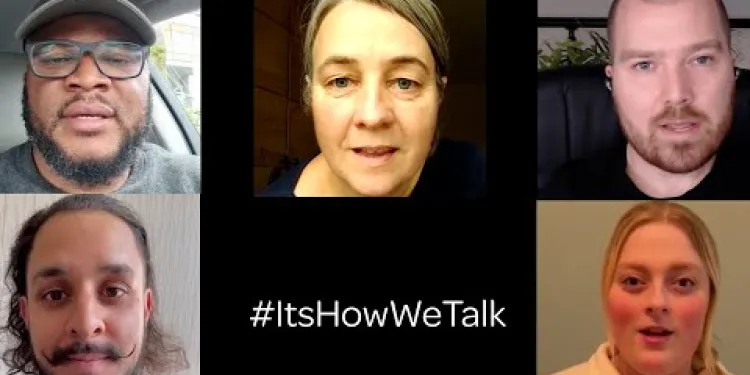
I don’t need to be fixed – what I wish the world understood about stammering
Relevance: 21%
-

Will reporting complaints stop all unsolicited contacts?
Relevance: 21%
-
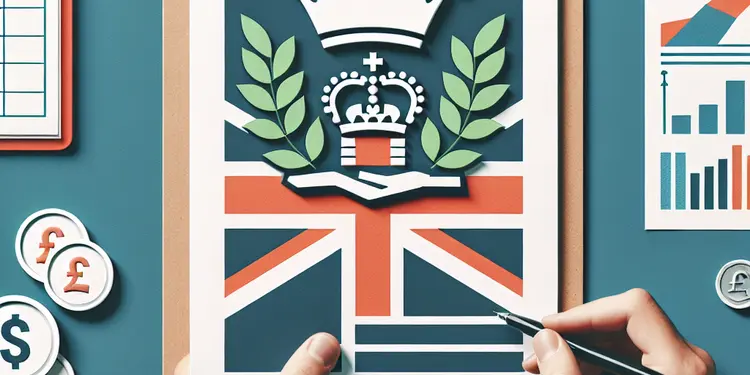
New Report Highlights Gaps in Mental Health Services for Welfare Recipients
Relevance: 21%
Introduction
Public reporting plays a crucial role in identifying and fixing leaks, particularly within public infrastructure such as water and gas systems. In the UK, these systems are extensive and complex, and the role of citizens in maintaining their efficiency is increasingly important. By empowering the public to report leaks, authorities can address these issues more promptly and effectively, preventing wastage and minimizing potential hazards.
The Role of Public Reporting
Public reporting involves individuals identifying and notifying relevant authorities about leaks they encounter. This process can take various forms, including phone hotlines, online platforms, and mobile applications. By providing detailed information, such as the location and severity of a leak, citizens can help facilitate a quick response. This assists utilities in deploying repair teams more efficiently, reducing the time between problems arising and being resolved.
Environmental Impact
Leaks, especially those involving water and gas, have significant environmental consequences. Water leaks contribute to unnecessary depletion of resources, which is particularly concerning given the increasing prevalence of droughts in some parts of the UK. Public reporting allows leaks to be fixed swiftly, mitigating these issues. Similarly, gas leaks can result in harmful emissions and potential safety hazards. Prompt reporting and repair can prevent such emissions, contributing to environmental conservation.
Economic Benefits
From an economic perspective, minimizing waste through the prompt repair of leaks can save considerable costs for utility companies. In turn, this can lead to reduced operational costs, which might translate to lower utility bills for consumers. By engaging the public in leak reporting, the burden on the resources of the utility companies can be eased, allowing them to allocate their resources more efficiently and effectively.
Public Safety
Leaks, particularly those involving gas, can pose severe safety risks to the public. Gas leaks can lead to dangerous explosions or fires, making immediate reporting and repair critical. Public involvement in reporting leaks significantly enhances community safety. By acting as additional eyes and ears on the ground, citizens provide an invaluable service that helps to protect their own communities.
Enhancing Infrastructure Reliability
The ability of public reporting to aid in leak repair also contributes to the overall reliability and durability of infrastructure. By addressing leaks promptly, the infrastructure itself is preserved, extending its lifespan and reducing the frequency of more significant repairs needed in the future. This not only helps in maintaining service reliability but also supports the efficient allocation of public funds in infrastructure development and maintenance.
Conclusion
In conclusion, public reporting is a vital component of leak management strategies in the UK. By encouraging citizens to report leaks they encounter, authorities can improve response times and effectiveness in repairing them. This collaborative effort results in numerous benefits, including environmental protection, economic savings, enhanced public safety, and more reliable infrastructure.
Introduction
Public reporting is when people tell the authorities about leaks they find. This is important in things like water and gas systems. In the UK, these systems are very big and complicated. People can help keep them working well. If people report leaks, they can be fixed quickly. This stops waste and keeps everyone safe.
The Role of Public Reporting
Public reporting means people tell the right authorities about leaks. You can do this by calling, using a website, or an app on your phone. Give details like where the leak is and how bad it is. This helps the repair teams fix things faster. Problems are solved quickly when people help by reporting leaks.
Environmental Impact
Leaks of water and gas can harm the environment. Water leaks waste our resources. This is bad, especially where there is little water. Reporting leaks helps fix them fast. Gas leaks can be even more dangerous. They spoil the air and can be unsafe. Reporting them quickly helps protect the environment.
Economic Benefits
Fixing leaks quickly saves money for utility companies. When they spend less, they might charge less on bills. By reporting leaks, people help companies use their resources better. This can make everything cheaper and more efficient.
Public Safety
Gas leaks can be very dangerous. They might cause explosions or fires. So, it is very important to report them right away. When people help by reporting leaks, communities become safer. People act like extra helpers, keeping everyone protected.
Enhancing Infrastructure Reliability
Reporting leaks also helps keep things working well for a long time. Fixing leaks early makes infrastructure last longer. This means fewer big repairs are needed later. This also helps save public money for other important things.
Conclusion
In conclusion, public reporting is very important for finding and fixing leaks in the UK. By telling authorities about leaks, people help them fix things faster. This teamwork helps the environment, saves money, keeps everyone safe, and makes systems more reliable.
Frequently Asked Questions
What is public reporting in the context of leaks?
Public reporting refers to the process by which citizens inform authorities or relevant organizations about the presence of leaks in infrastructure such as water pipes, gas systems, or oil pipelines.
How does public reporting initiate the leak fixing process?
When a leak is reported by the public, it alerts the responsible authorities or maintenance teams, who can then prioritize and address the issue promptly.
Why is public reporting important for identifying leaks?
Public reporting is essential because many leaks might go undetected without the vigilance of local residents who notice them and report them.
Can public reporting help reduce response times to leaks?
Yes, public reporting can significantly reduce response times as it provides immediate information to the authorities who can then act quickly.
How do authorities use public reports to prioritize leak repairs?
Authorities assess the severity and potential impact of leaks based on public reports, allowing them to prioritize repairs based on urgency and risk.
Does public reporting lead to preventive leak management?
Public reporting can lead to preventive measures by providing data that helps identify patterns and potential risk areas, which can be addressed proactively.
What are the challenges of relying on public reporting for leak detection?
Challenges include ensuring accurate reporting, managing false alarms, and motivating the public to actively participate in reporting leaks.
Can technology improve public reporting of leaks?
Yes, technology such as mobile apps and online platforms can facilitate easier, faster, and more accurate public reporting of leaks.
How does public awareness contribute to effective leak reporting?
Educating the public on the importance of reporting and how to identify leaks encourages more active participation, leading to more efficient leak management.
Are there incentives for the public to report leaks?
Some programs offer incentives such as recognition or small rewards for individuals who report identified leaks, encouraging more people to participate.
How does public reporting complement professional leak detection?
Public reporting acts as an additional layer of surveillance and information that complements professional leak detection efforts by covering areas that may not be regularly monitored.
What role do local governments play in facilitating public reporting?
Local governments can create platforms and campaigns to encourage and streamline public reporting, ensuring the reports reach the appropriate departments quickly.
Is public reporting used in urban and rural settings alike?
Yes, public reporting can be used in both urban and rural settings, although the methods and frequency of reporting may vary according to local infrastructure and resources.
How is data from public reports used to improve infrastructure?
Data from public reports can be analyzed to identify areas with frequent leaks, helping guide infrastructure improvements and maintenance planning.
Can public reporting contribute to environmental protection?
Yes, by enabling quicker responses to leaks, public reporting helps reduce environmental damage and resource waste, such as water or gas leaks.
What systems are in place to encourage accurate public reporting?
Systems such as easy-to-use reporting platforms, educational initiatives on signs of leaks, and clear guidelines on how to report can encourage accuracy.
How might public reporting impact public safety regarding leaks?
By enabling faster response to potentially dangerous leaks, public reporting enhances public safety by minimizing risks such as explosions or water contamination.
What feedback do authorities provide after a leak is reported?
Authorities often update the individual reporting the leak on the status of the repair and any actions taken, fostering trust and continued public engagement.
What technologies are commonly used to facilitate public leak reporting?
Technologies include mobile applications, hotlines, and dedicated websites where the public can easily report leaks with details like location and severity.
How can individuals ensure they are reporting leaks effectively?
Individuals can ensure effective reporting by providing as many details as possible, including location, type of leak, and any immediate risks posed by the leak.
What does public reporting mean when talking about leaks?
Public reporting is when people tell others about a secret or hidden information. In the case of leaks, it means sharing information that was not supposed to be known by everyone.
If you find it hard to read, you can ask someone to read it to you or use a tool that reads text out loud.
Public reporting means telling the right people if you see leaks in things like water pipes, gas systems, or oil pipelines. It helps to keep things safe and working properly.
How does telling everyone about a leak help fix it?
When someone tells about a leak, the right people find out. They can then fix it quickly.
Why is it good to tell people about leaks?
Telling everyone about leaks helps us find them.
When people know about leaks, they can help fix them.
Talking about leaks lets us share ideas and work together.
Tip: Use pictures or simple charts to show where leaks are.
Telling everyone when there is a leak is very important. People in the area might see a leak and tell someone about it so it can be fixed.
Can telling people about leaks help fix them faster?
Yes, when people tell the police or emergency services about something right away, they can get there faster and help more quickly.
How do leaders fix leaks using people's tips?
People can help leaders find leaks. They tell leaders about problems. Leaders use these tips to decide what to fix first.
Here's how you can help:
- See a problem? Tell the leaders.
- Take pictures if you can. Pictures help a lot.
- Tell where the problem is. Be clear and simple.
Leaders fix big problems first. Your tip helps them know where to start.
Try using these tools:
- A camera or phone to take pictures.
- Maps to show where the problem is.
The people in charge look at how bad a leak is and what problems it might cause. They do this by checking reports from other people. This helps them decide which leaks need to be fixed first. They fix the most urgent and risky ones first.
Does telling people about leaks help stop them?
When we tell everyone about leaks, can it help stop leaks from happening again?
Tip: You can use pictures or videos to understand better. Ask someone to explain if you are unsure.
Sharing information with everyone can help us stop problems before they happen. It gives us important facts to find out where problems might be. Then, we can fix them before they get worse.
What are the problems with using public reports to find leaks?
Sometimes it is hard to find leaks just by using reports from the public. Here are some reasons why:
- People might not see the leak or know it is there.
- Reports can be unclear or missing details.
- It takes time for someone to tell about a leak, which can cause delays.
To help understand better, you can:
- Use pictures to show what a leak looks like.
- Have a simple form for people to fill out when they report a leak.
- Make sure it is easy for people to send reports quickly.
There are some problems we need to fix. We need to make sure reports are correct. We have to handle false alarms when something isn't wrong. We also need to get people excited to help report leaks.
Can technology help us tell about leaks better?
Technology is like the computers and phones we use every day. It can help make it easier to tell people when there is a leak, like when water is dripping from a pipe.
If someone sees a leak, they can use technology to quickly tell the right people. This way, the leak can get fixed faster. It helps everyone because it stops more water from being wasted.
Supportive tools or techniques:
- Use apps on your phone to report leaks. These apps can send a message to the people who can fix the leak.
- Ask an adult to help you use technology if you are not sure how to use it.
- Take pictures of the leak with your phone to show what needs to be fixed.
Yes, technology like phone apps and websites can help people report leaks easily, quickly, and correctly.
How does knowing about leaks help report them better?
When people know about leaks, they can report them faster. This helps fix problems quickly.
Here are some ways to help:
- Use simple language: This makes things easier to understand.
- Show pictures: Pictures can help explain what a leak looks like.
- Use apps: Some apps make it easy to tell someone about a leak on a phone.
It's important for people to know why reporting leaks is important and how to spot them. This helps everyone work together to find and fix leaks more quickly and easily. Here are some tips to help you:
- Learn About Leaks: Watch videos or read simple guides that explain what leaks look like.
- Ask for Help: If you're not sure, ask someone you trust to show you what to look for.
- Report Leaks: If you see a leak, tell someone who can fix it, like an adult or the person in charge.
- Use Checklists: Make a list of things to check in your house or school to see if there are leaks.
Do people get rewards for telling about leaks?
Some programs give prizes or say "well done" to people who tell them about leaks. This makes more people want to help.
How do reports from the public help experts find leaks?
Public reporting helps find problems with leaks. It works with experts to check places that might not be watched all the time.
How do local governments help people report things?
Local governments help the community by making it easy to report problems. They listen to what people say and help fix issues. People can tell local governments about things like broken streetlights, trash, or noisy neighbors. Local governments use special tools and websites to make reporting easy.
Local governments can make special websites and projects. These help people tell them about problems. This way, the right people in the government can fix things faster.
Do cities and the countryside use public reporting in the same way?
Yes, sharing news with everyone can happen in cities and in the countryside. How we do it might be different because of the buildings and tools each place has.
How do we use public reports to make roads and buildings better?
Public reports are papers that everyone can read. They can help us make roads, bridges, and buildings better.
Here is how it works:
- People read the reports and find out what needs fixing.
- Workers use the information to repair and make things safer.
- Reports tell us if there are any problems, like holes in the road or broken lights.
- By fixing these things, places become safer and nicer for everyone.
Tools that can help you understand reports:
- Read with a friend or family member for support.
- Use pictures or drawings to help explain the words.
- Break down big information into small, easy parts.
We can look at reports to find places where leaks happen a lot. This helps us fix things better and keep everything working well.
Can sharing reports help protect our environment?
Sharing information or reports can help take care of nature. Using pictures, videos, or simple words to share nice stories about protecting the earth can encourage others to do the same.
Tools like apps or websites that read text out loud can help everyone understand more easily.
Yes, when people report leaks quickly, it stops the leaks from causing more harm. This helps to save the environment and stops wasting things like water or gas.
How do we help people tell the truth when they report something?
Here are some ways to help people:
- Use simple words.
- Give clear examples.
- Use pictures to show what you mean.
- Let people ask questions if they need help.
There are easy reporting tools that help people tell about leaks. Learning programs teach us how to see leaks. Clear rules show us how to report leaks. These things help people tell the right information.
How does public reporting help keep people safe from leaks?
Here is an easier way to understand:
When people share information about leaks, it can help keep everyone safe. Leaks can be dangerous. Telling others about them helps to fix problems faster. This makes our community safer.
Remember to use tools like picture guides or ask someone to read with you if you need help.
When people tell others quickly about dangerous leaks, it helps keep everyone safe. This can stop things like big fires or dirty water from happening.
What do people in charge say when a leak is reported?
When you tell someone about a leak, the people who are in charge will give you some information. They will tell you what they plan to do to fix the leak. They might also give you tips on what you can do to stay safe.
If you find it hard to understand, you can ask someone you trust to help explain. You can also use tools that read the text out loud or change the size of the words to make it easier to read.
The people in charge usually tell the person who reported the leak what is happening with the repair. They also say what actions they have taken. This helps everyone trust each other and stay interested and involved.
What tools help people report leaks to the public?
There are different tools to help people report leaks. These tools are:
- Apps on your phone
- Hotlines you can call
- Websites for reporting
These tools let you share information about leaks. You can say where the leak is and how bad it is.
How can people report a leak the right way?
If you see a leak, here are some simple steps to report it:
- Tell a grown-up right away. Adults can help call for help.
- Write down where the leak is. Is it at home or somewhere else?
- Take a picture of the leak with a phone if you can. This can show how big it is.
- Call the right people for help. This could be your water company or a plumber.
- Stay safe and don't touch the leak. Water can be dangerous.
Tools to help:
- Use your phone or a camera to take pictures.
- Ask someone to help you make the call if needed.
- Have a list of important phone numbers handy.
You can give a good report by telling lots of details. Say where the leak is, what kind of leak it is, and if there are any dangers right now because of the leak.
Useful Links
This website offers general information and is not a substitute for professional advice.
Always seek guidance from qualified professionals.
If you have any medical concerns or need urgent help, contact a healthcare professional or emergency services immediately.
Some of this content was generated with AI assistance. We’ve done our best to keep it accurate, helpful, and human-friendly.
- Ergsy carfully checks the information in the videos we provide here.
- Videos shown by Youtube after a video has completed, have NOT been reviewed by ERGSY.
- To view, click the arrow in centre of video.
- Most of the videos you find here will have subtitles and/or closed captions available.
- You may need to turn these on, and choose your preferred language.
- Go to the video you'd like to watch.
- If closed captions (CC) are available, settings will be visible on the bottom right of the video player.
- To turn on Captions, click settings .
- To turn off Captions, click settings again.
More Items From Ergsy search
-

How does public reporting contribute to fixing leaks?
Relevance: 100%
-

Why is it challenging to fix water leaks in the UK?
Relevance: 75%
-

How do water companies detect leaks?
Relevance: 40%
-

What are common signs of leaks in water infrastructure?
Relevance: 40%
-

Can customers report issues with water infrastructure?
Relevance: 37%
-

What does it mean to "Fix My Mortgage Rate"?
Relevance: 34%
-

How can I find out if my medical data has been leaked?
Relevance: 32%
-

What is the difference between fixed and variable rate plans?
Relevance: 32%
-

What percentage of water is lost through leaks in the UK?
Relevance: 31%
-

What happens if the surveyor's report reveals major issues?
Relevance: 29%
-

How important is it to report a scam?
Relevance: 28%
-

How significant is the water loss problem in the UK?
Relevance: 28%
-

How much water is lost in the UK through poor infrastructure?
Relevance: 27%
-

Should I report the hack to the social media platform?
Relevance: 26%
-

How does sewage pollution affect public health?
Relevance: 26%
-

Do I need to report cashback rewards on my taxes?
Relevance: 25%
-

What is a public health funeral?
Relevance: 24%
-

Calls for Reform as Report Highlights Disparities in Sentencing Practices
Relevance: 24%
-

What measures are being taken to address water loss in the UK?
Relevance: 24%
-

What happens if I don't report a property disposal for CGT?
Relevance: 24%
-

Are there different types of surveyor's reports?
Relevance: 23%
-

Why is there a call for public consultation regarding the cuts?
Relevance: 23%
-

How are hosepipe ban restrictions communicated to the public?
Relevance: 23%
-

Is a surveyor's report mandatory when buying a house?
Relevance: 23%
-

What are the risks of using public Wi-Fi?
Relevance: 22%
-

Can I find operation waiting times in healthcare performance reports?
Relevance: 22%
-

Is a mortgage valuation the same as a surveyor's report?
Relevance: 22%
-

Is public safety a consideration in indefinite sentencing?
Relevance: 22%
-

Is there a difference in responsibility between public and private land?
Relevance: 22%
-

Is it safe to use public Wi-Fi to check my email?
Relevance: 21%
-

What is a surveyor's report in the context of buying a house?
Relevance: 21%
-

Magistrates in the Family Court: A Public Law Case
Relevance: 21%
-

Can I skip getting a surveyor's report if I'm buying a new-build home?
Relevance: 21%
-

Do hosepipe bans apply to public parks and gardens?
Relevance: 21%
-

How do I report a property disposal to the tax authorities?
Relevance: 21%
-

How do I report unsolicited texts or calls to my phone carrier?
Relevance: 21%
-

What should I do if I made an error on my CGT report?
Relevance: 21%
-

I don’t need to be fixed – what I wish the world understood about stammering
Relevance: 21%
-

Will reporting complaints stop all unsolicited contacts?
Relevance: 21%
-

New Report Highlights Gaps in Mental Health Services for Welfare Recipients
Relevance: 21%


